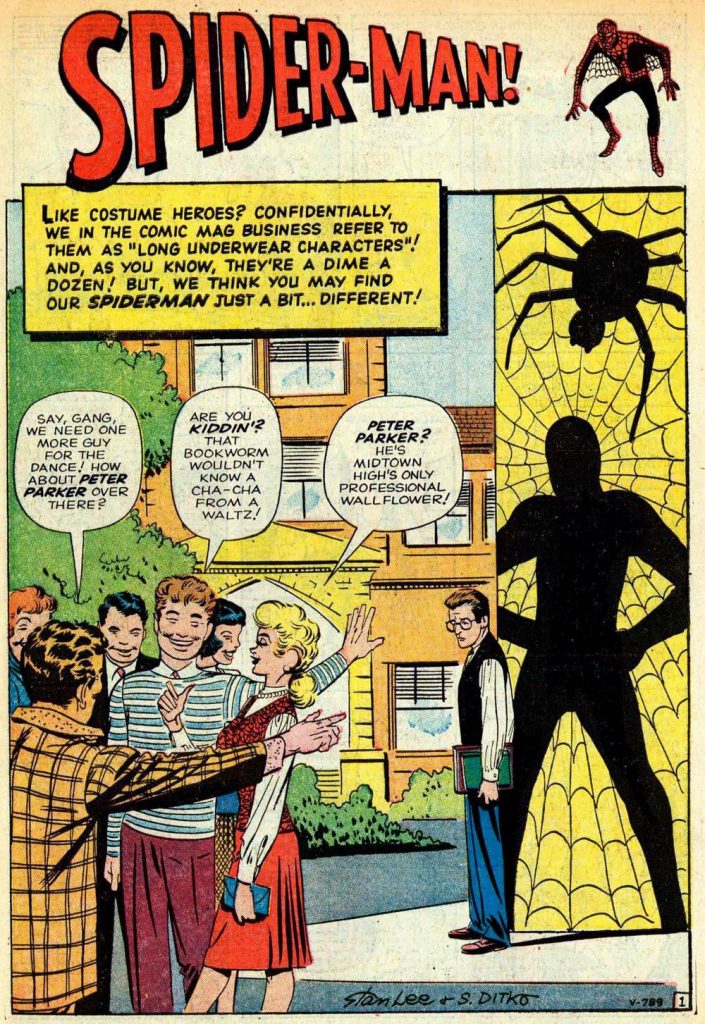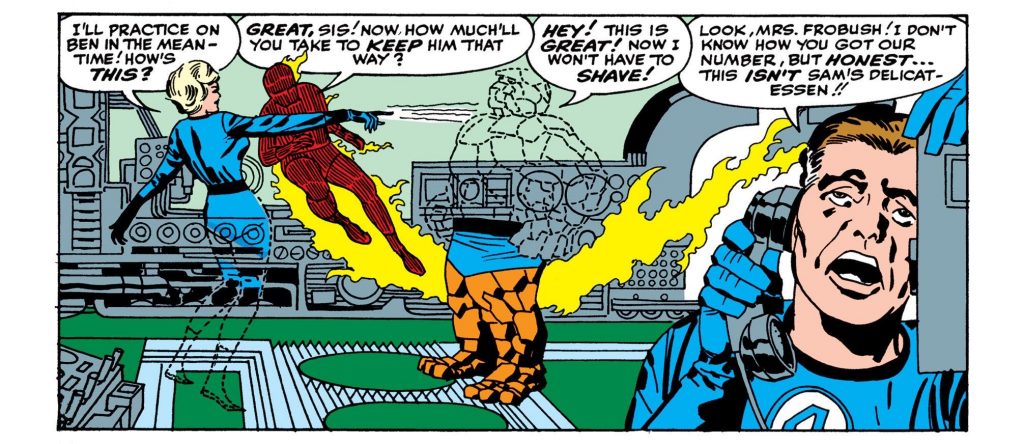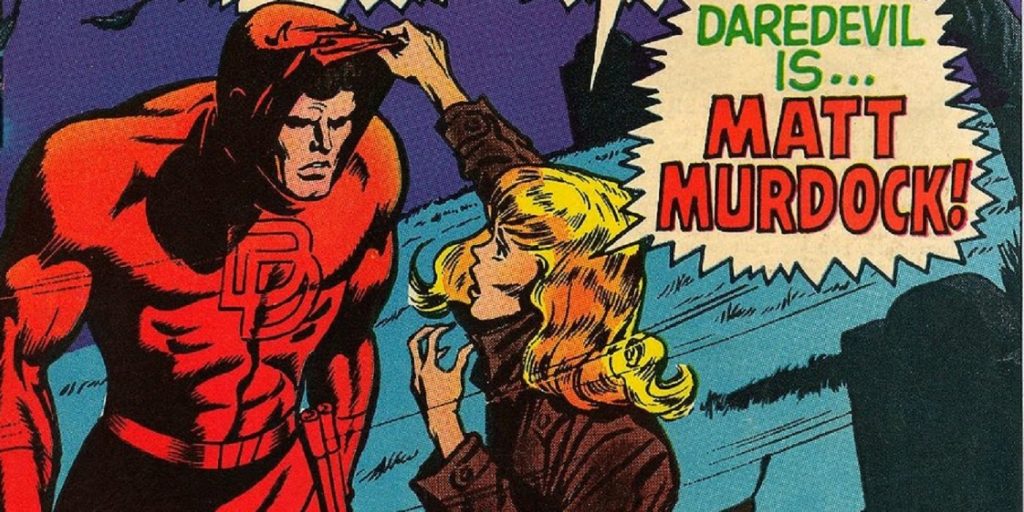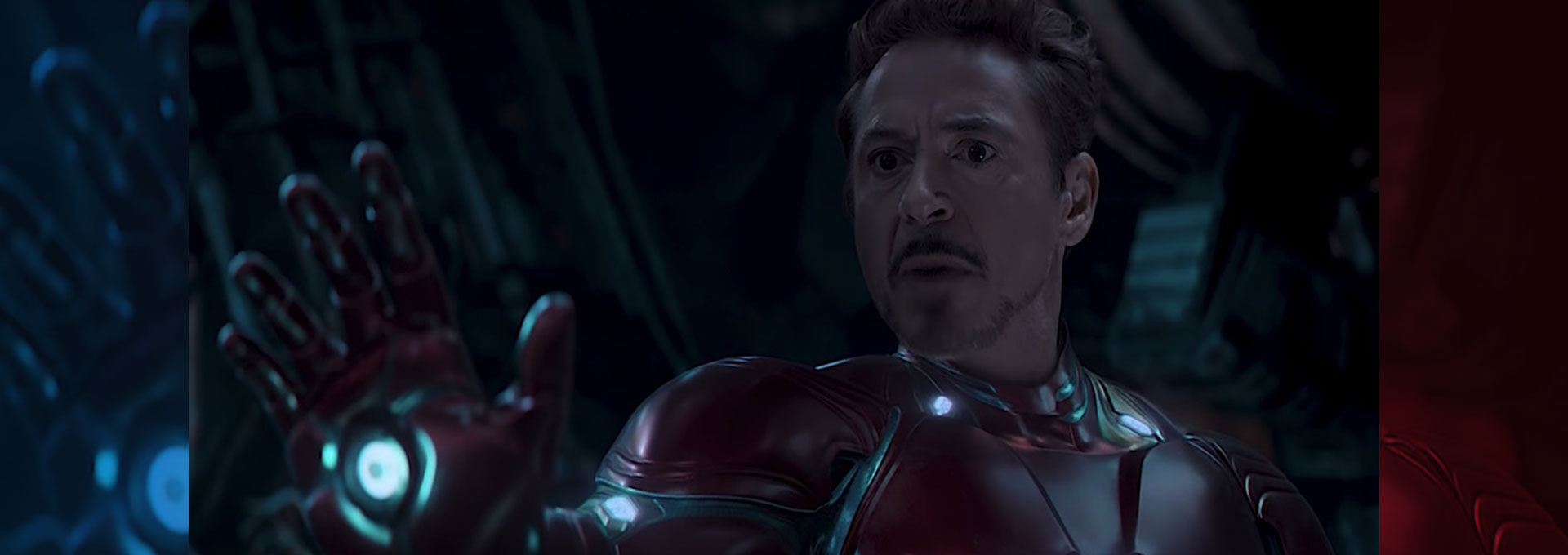Marvel Studios and producer Kevin Feige have had such an unbroken string of hit movies over the last 10+ years that nothing else in the history of entertainment is comparable. Well, except maybe the original comicbook boom of the 1960s that was set in motion by the likes of Stan Lee, Jack Kirby, Steve Ditko, and many others! So, what is the secret to the success of both the Marvel Cinematic Universe and the origins of the Marvel age of comics?

Avengers: Endgame screenwriters Christopher Markus and Stephen McFeely recently spoke to Deadline about what makes Marvel stories and characters so popular with people of all ages across the globe. Hint: It’s the little things! First up, Markus told Deadline:
“You can think of genre as an amplifier for a small human story. We want to tell these little stories about people. You can tell a tiny story about a dad and a daughter, and it has a certain amount of mileage. The dad puts on an iron suit and the range of not only eyes and ears you can reach goes up exponentially, but the stresses you can put those stories under.”
At first glance, this Marvel movie method might seem overly simplistic, but it actually matches up perfectly with how Stan, Jack, Steve, and so many other creatives at Marvel Comics did things way back at the beginning. The person under the superhero mask was always treated as being more important than the mask itself. Readers cared about Peter Parker because he was struggling to pay the bills and get good grades in school, the Fantastic Four were fighting to remain a family unit despite their squabbles, and even the ultra-rich playboy Tony Stark’s major narratives came down to his fragile human heart condition.

Continuing on, Stephen McFeely brought up the idea of secret identities. The first Iron Man film famously did away with the concept of a secret identity for Tony Stark. “Think about the storytelling that allowed them. If they had decided to keep the idea that we had to keep that secret, now you’re telling certain types of stories,” McFeely said. “We often think that the character’s flaw is their strength. Steve Rogers, for example — he’s the guy that can do this all day. He is absolutely fixed in his opinion. He’s Gary Cooper in many ways, but that gets him in trouble. He won’t bend. He will sacrifice himself.”
Now, it is true that Stan Lee and crew did get a lot of mileage out of the concept of a secret identity. Spider-Man and Daredevil in particular were constantly struggling to keep their alter-egos a secret to protect their loved ones and even their careers.

But Stan and Jack’s first foray into the Marvel Universe with the Fantastic Four did away with secret identities from the get-go. The FF were portrayed as public figures, almost like celebrities. This was recognized as something completely fresh for the superhero genre at the time, since the public had seen heroes predominantly with secret identities up until this point. Stan and Jack’s concept opened up a whole new way of looking at superheroes with an abundance of different and exciting stories to tell.
With the end of Phase Three of the Marvel Cinematic Universe upon us, there are a slew of new characters and creative teams coming in to shepherd the next generation of Marvel movies to realization. Whatever new and astonishing stories come out of the movie-house of ideas in the future, as long as they remember it’s the little things that matter, their success will undoubtedly be BIG.



